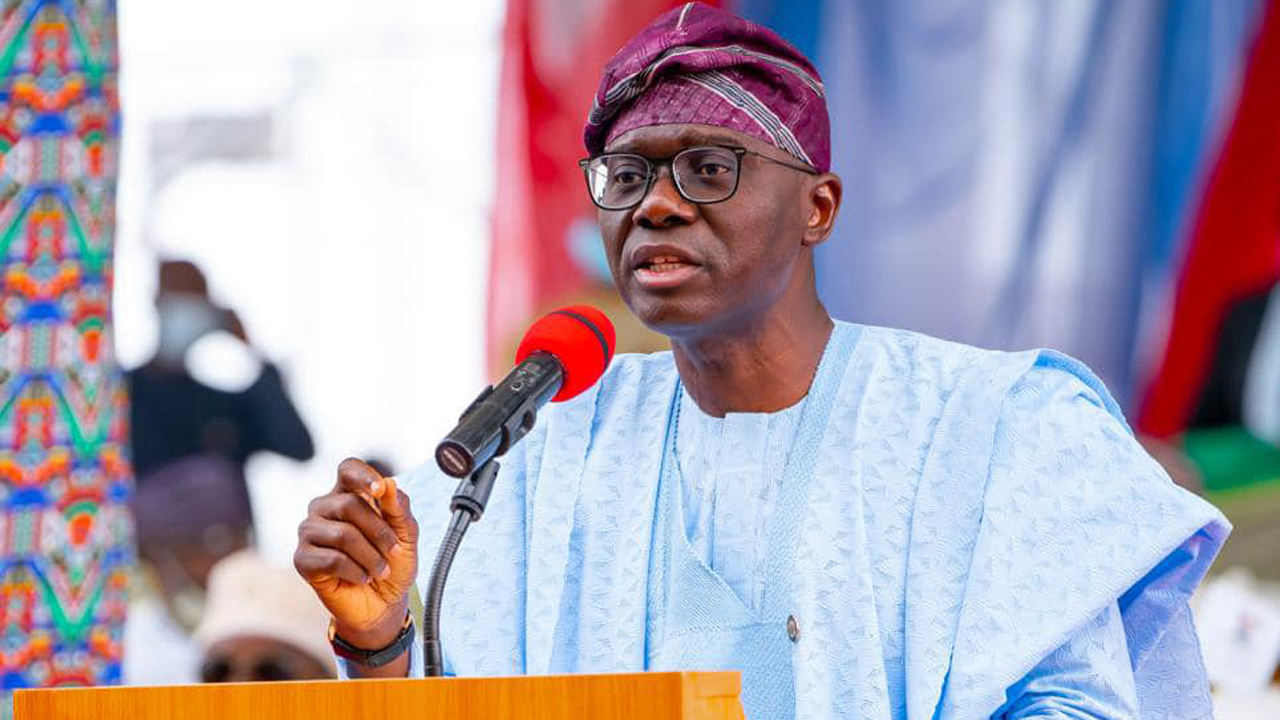
LAGOS HAS NOT FULLY OPTIMISED ITS TAX POTENTIAL – SANWO-OLU
The governor of Lagos State, Babajide Sanwo-Olu, has stated that the state has not yet fully realised its tax potential and that the current tax money coming into the state is a far cry from realistic projections.
Lagos, according to the governor, has the potential to increase the size of its tax base and improve the effectiveness of its collection mechanisms. However, the state’s efforts have been impeded by obstacles arising from the fiscal and tax administration framework, which is solely under the jurisdiction of the federal government.
At the State House in Marina on Monday, Sanwo-Olu gave a speech to members of the Presidential Committee on Fiscal Policy and Tax Reforms.
The committee was in Lagos as part of its extended talks with sub-national stakeholders to design a workable framework for tax administration for the nation. Mr. Taiwo Oyedele is the chairman of the committee.
The governor emphasised that Lagos is carrying a governance load that is out of proportion to its income earnings and that the state needed an annual budget of more than N7 trillion to appropriately handle the strain on its infrastructure. He claimed that because of limitations in national tax laws, the state had only ever passed budgets slightly over N2 trillion.
He said: “For us in Lagos, we know too well that we have capacity to do a lot from the revenue generation standpoint; more importantly, from the effective generation and utilization of the tax. During our bilateral meetings in preparation to present next year’s budget, we pulled numbers up to N7 trillion based on our needs. But we are constricted by only the amount of revenue we can generate and pegged the value at N2.2 trillion.
“This speaks to the huge gap that we have in our capacity to develop the economy quicker and faster. We can no longer continue to complain. What are those things we can do to improve our revenue stream and our ability to be able to leapfrog and take governance in a more audacious way. This engagement with your committee is critical at this time, as you go round States to have feelings of what the bottlenecks are.”
According to Sanwo-Olu, the committee’s goal was to discover practical tax difficulties facing sub-national governments and remove bottlenecks rather than produce abstract, non-implementable texts.
Sanwo-Olu gave the committee instructions to develop a high-calibre intervention that would enable the state to generate its maximum amount of revenue and maintain budgetary sustainability.
He said: “We all need to work collaboratively on this objective. If all constraints are attended to, we should begin to see monumental changes in our revenue projection. The potential is there and the numbers show the results we can achieve if fully explored, but we cannot sit back and think things will change overnight if we did not take the right approach to resolve the issues.
“We expect every member of this committee would put all your skills and mental resources into this task. I believe the committee will achieve the objectives for which Mr. President set it up. As a State, we are ready to give you all the support required. We will open our books and share data to learn where we also need to make changes for higher revenue performance.”
Oyedele stated that Lagos was the first location the committee was considering visiting during its nationwide consultation, adding that other states have copied the state’s success in tax reform.
The tax expert stated that in order to solve the nation’s revenue issues, a strong tax structure and high-quality spending must be established.
He said: “We are no longer at a point where we can continue to celebrate incremental progress in revenue generation; we need to accompany it with transformational shift in quality of spending of the generated revenue. Our spending on the ration of GDP is the lowest in the world, we need to address this without taking attention away from the quality of spending.”
